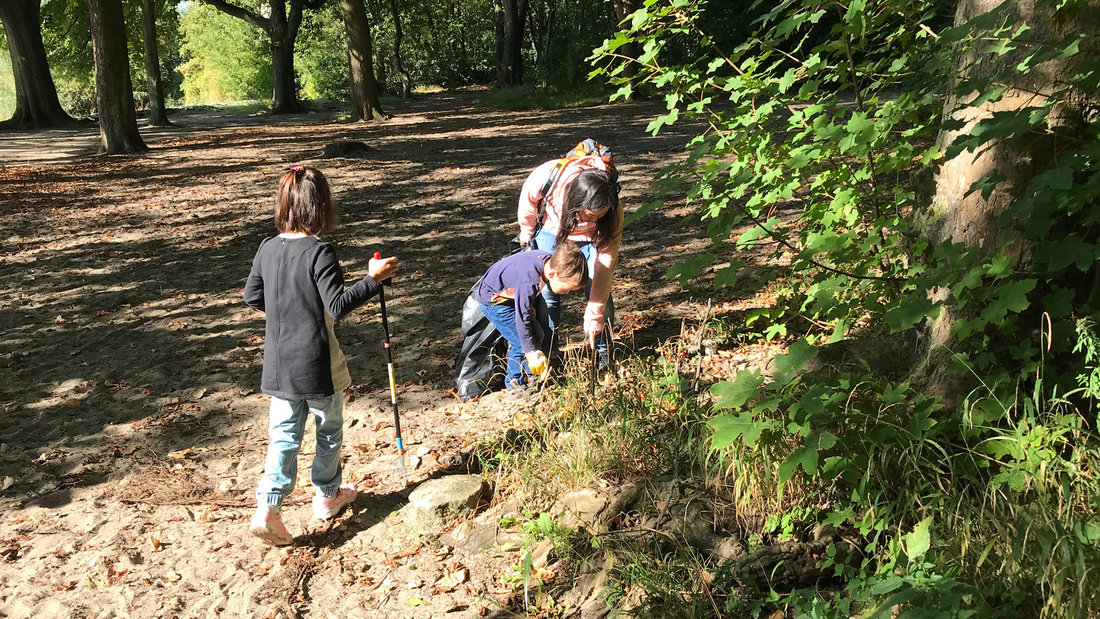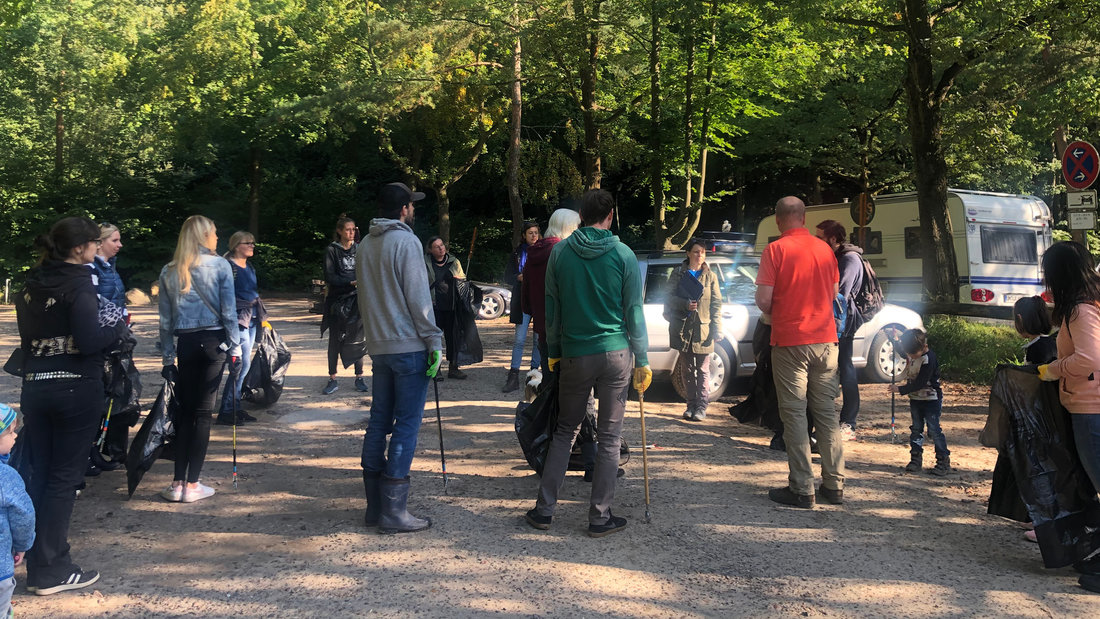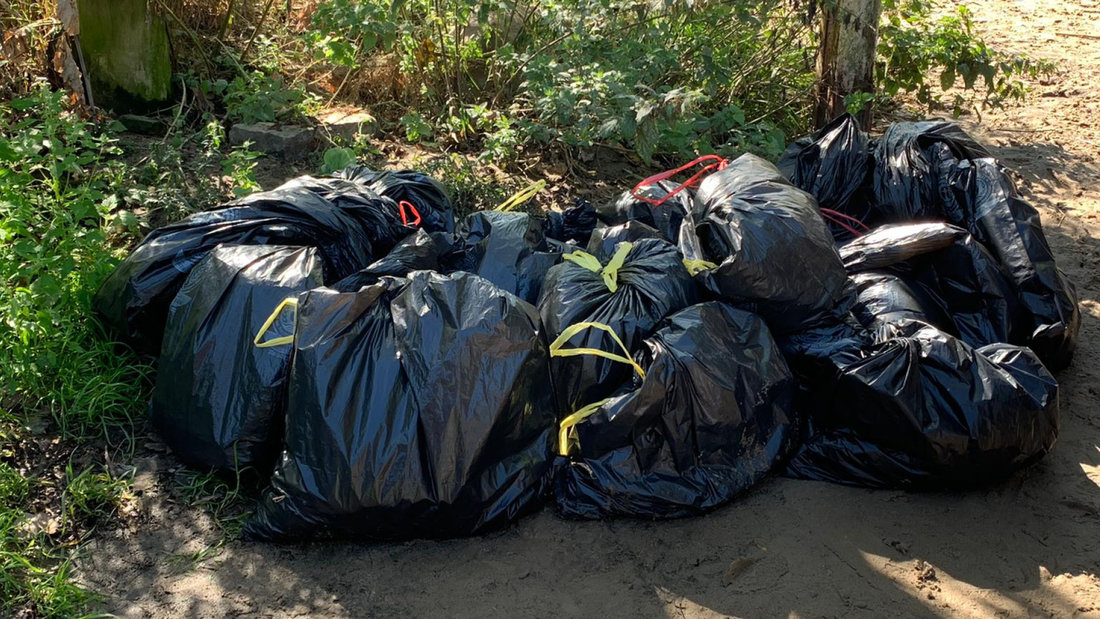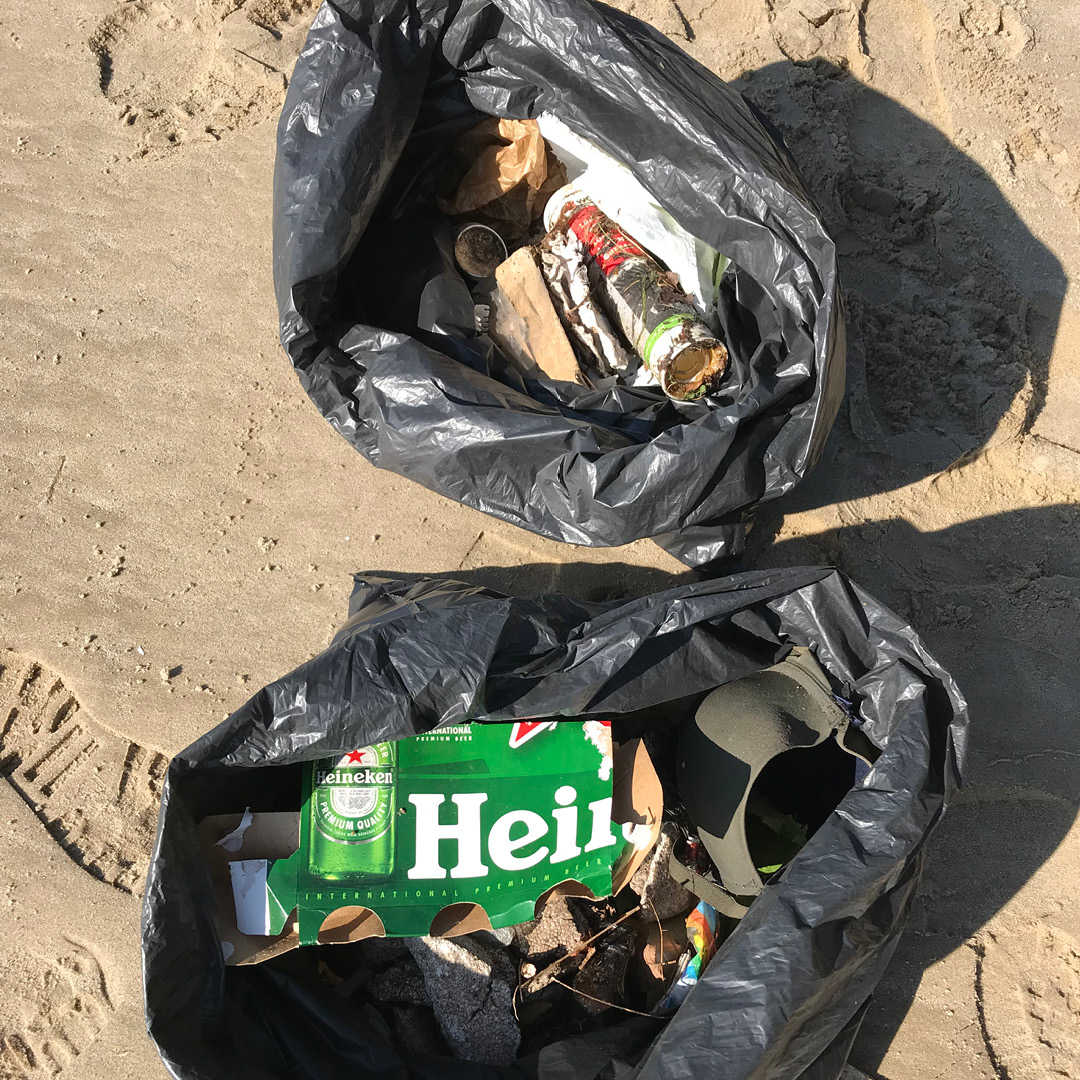Garbage and the Sea: Together against Plastic Waste on Coastal Cleanup Day
The EPEA GmbH – Part of Drees & Sommer team has made a commitment to C2C solutions against plastic waste as a social project for the anniversary year 2020. Our colleagues in the German city of Hamburg had already gained some very practical experience of this last summer during Coastal Cleanup Day on the Elbe river beach.
It is not by chance that EPEA chose the worldwide day of action for its social project. ‘We thought about where there is a link to our everyday work,’ said Niklas Jonas, responsible for implementing the Drees & Sommer anniversary campaign 50 Years, 50 Projects at the Hamburg location. In the end, the choice was easy: ‘Pollution of the world's oceans by plastic waste is, along with climate change, one of the biggest environmental problems of our time.’
Nine Dreso staff members from EPEA were able to experience this personally in September 2019. Equipped with garbage bags, wheelbarrows and gripping tongs, they tromped along the Elbe river beach, taking part in a three-hour collection campaign organized by NABU, Germany’s oldest environment association. The aim was to collect and document plastic waste.
The final tally demonstrated that the effort was worthwhile: 107 kilograms of garbage was collected in total, mainly classic consumer items. ‘Even we didn't expect it to be so much.’
The team will again participate in Coastal Cleanup Day in Hamburg in 2020. Yet this is only one component of the package they have put together for their social project. The agenda includes attendance at a minimum of two conferences in an industrial or scientific context, in order to highlight the topic of plastics from a Cradle to Cradle viewpoint in lectures.
The most important component, probably because it is the most sustainable, is nevertheless the proposal to become involved in an existing initiative on plastics, or to form a new one. This is intended to help in getting to the root of the problem. In other words: to start with products and recycling systems and to optimize them in terms of materials-related health and their ability to be recycled. The objective is that, in the long term, plastic waste no longer occurs at all, or at least the products do not cause any damage if they end up in the oceans and the environment.
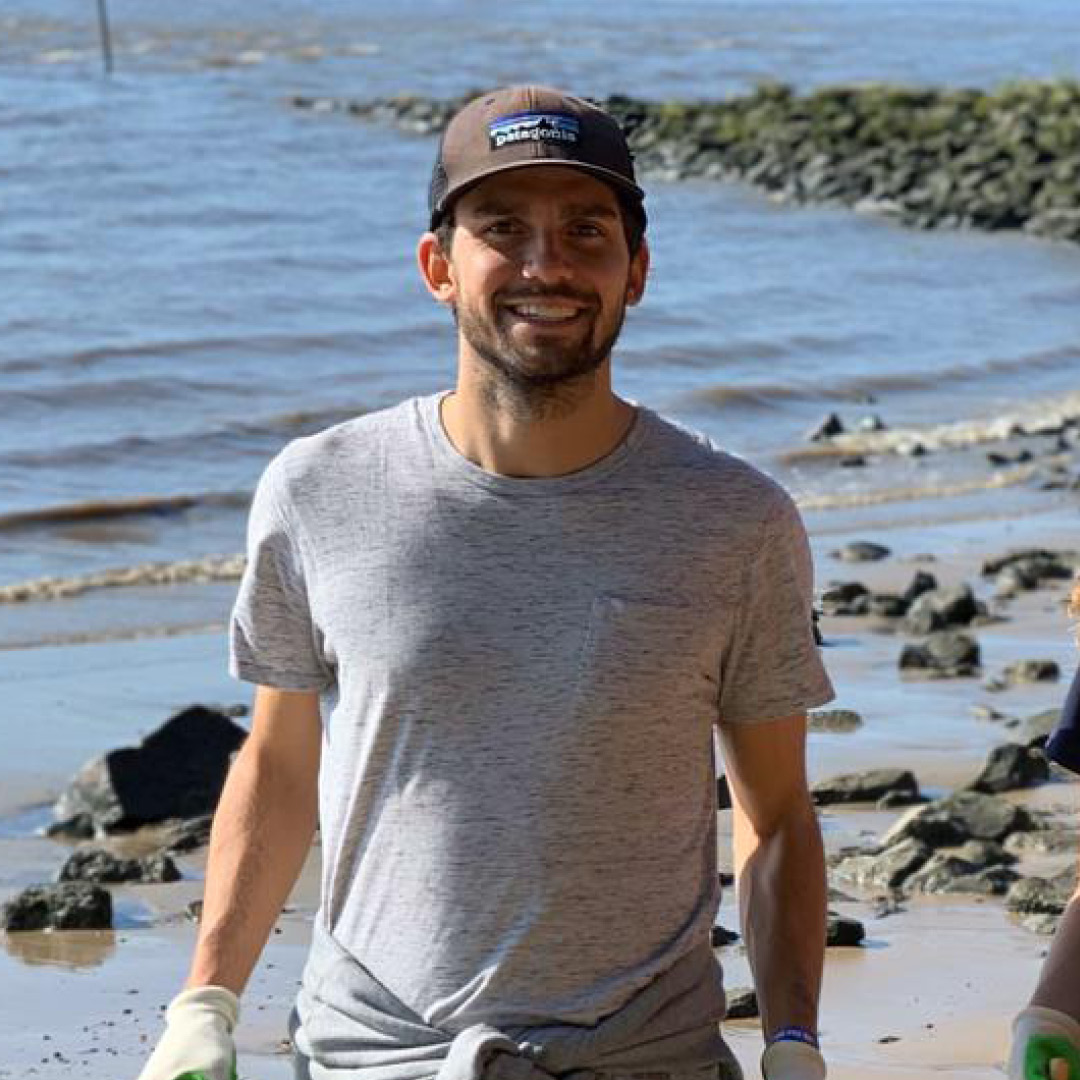
‘Pollution of the world's oceans by plastic waste is, along with climate change, one of the biggest environmental problems of our time.’
Niklas Jonas, EPEA GmbH - Part of Drees & Sommer



